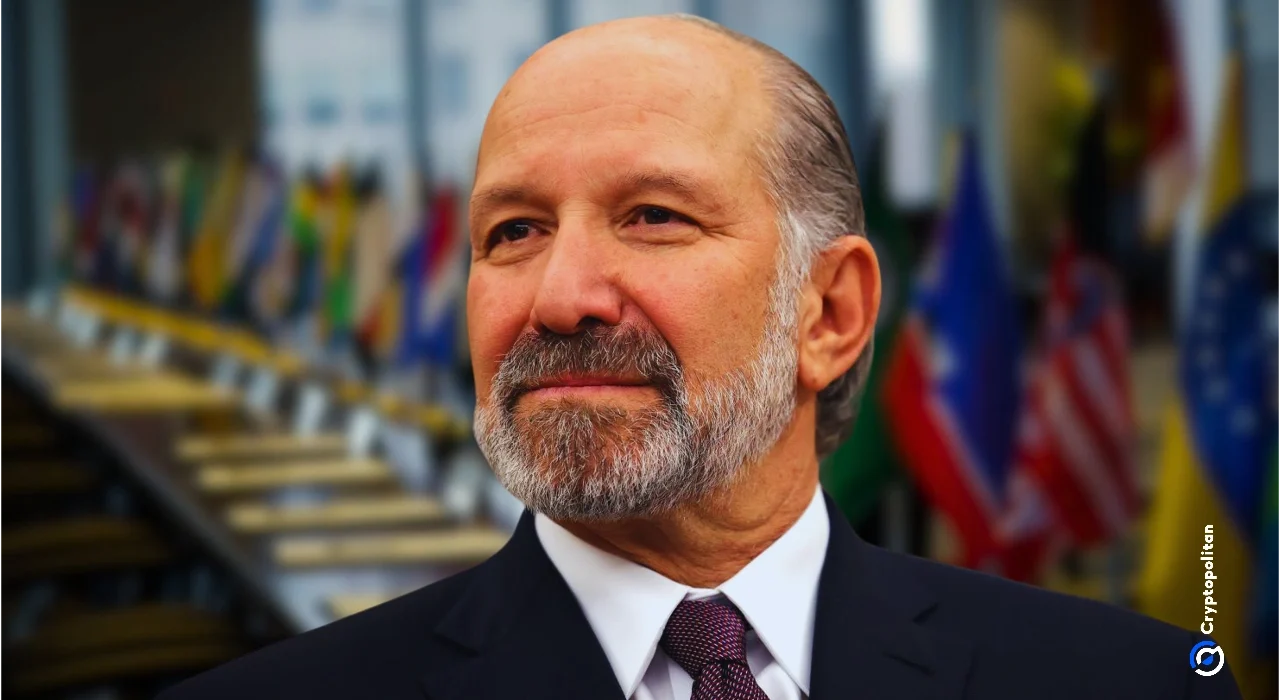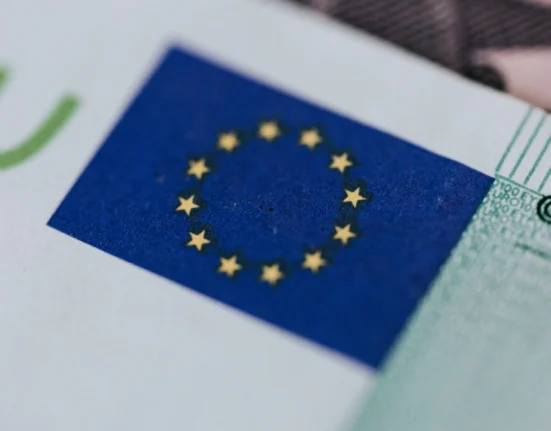President Donald Trump is not extending the global tariff pause. That’s the message Commerce Secretary Howard Lutnick delivered when he spoke with Fox News on Sunday, confirming that the current 90-day break from the president’s sweeping import taxes will end in early July.
The tariffs, announced in April, placed new rates as high as 100% on foreign goods entering the United States. Trump temporarily froze most of them due to stock market instability, but that window is about to close.
“Tariffs are not going away,” Howard said on live television, brushing off any idea that legal challenges or diplomatic pressure might cause Trump to change course.
He made it clear that once the freeze ends, the administration will let the full set of tariffs take effect unless specific trade deals are finalized first. “I think that’s the deadline, and the President’s just going to determine what rates people have if they can’t get a deal done.”
Meanwhile, Trump himself said in a Truth Social post today that:
“If the Courts somehow rule against us on Tariffs, which is not expected, that would allow other Countries to hold our Nation hostage with their anti-American Tariffs that they would use against us. This would mean the Economic ruination of the United States of America!”
Tariffs hit 60 countries after the pause ends in July
When the pause expires, imports from 60 countries will be affected. These are nations the White House labeled the “worst offenders,” a group that includes Vietnam, South Africa, and the European Union.
The rates they’ll face vary, but most will jump significantly unless they agree to new trade terms that meet US demands. Trump has defended this aggressive stance as fair retaliation for what he calls decades of unfair trade policies.
The President’s advisers, including Howard, spent Sunday delivering the same message across several news networks. They stood behind the tariff plan despite lawsuits challenging its legality. Howard insisted the administration isn’t rushing into weak deals just to calm tensions.
“We could sign lots of deals now,” he said, “but we’re working to make them better. You’re going to see over the next couple of weeks, really, first-class deals for the American worker,” he added, without giving any specific examples or countries involved.
Meanwhile, on Friday, Trump doubled tariffs on steel and aluminum, pushing them from 25% to 50%. That increase will go into effect Wednesday, and it directly targets producers like China, India, and Japan—countries that have expanded their steel industries while US production has declined. Trump says the goal is to rebuild American manufacturing and reduce the country’s dependence on foreign materials.
US-China trade tensions worsen as talks stall
The biggest unresolved deal is with China. Both countries agreed to a limited trade truce in May, during talks held in Geneva. As part of that temporary arrangement, the US dropped tariffs on Chinese goods from 145% down to 30%, and China lowered its tariffs on US products from 125% to 10%.
But no full agreement has been reached, and officials on both sides are still trying to arrange a direct conversation between Trump and Chinese President Xi Jinping.
Treasury Secretary Scott Bessent spoke to CBS News and said, “What China is doing is they are holding back products that are essential for the industrial supply chains of India, of Europe. And that is not what a reliable partner does.” He added that it’s unclear whether the product delays are a glitch or a deliberate tactic. “We won’t know until that call happens.”
China, in turn, pushed back. On Friday, officials in Beijing demanded that Washington “immediately correct its erroneous actions” and stop “discriminatory restrictions” against Chinese companies. They also called on the US to uphold the outcomes of the Geneva negotiations.
Back in Washington, National Economic Council Director Kevin Hassett told ABC News that a call between Trump and Xi could happen soon. “Both sides have expressed a willingness to talk,” Kevin said. But he warned that the administration is ready if those talks don’t lead to results. “If we have cannons without cannonballs, then we can’t fight a war.”
He also said the tariffs aren’t just about money. “We have to have a steel industry that’s ready for American defence,” Kevin added, reinforcing the White House’s claim that this economic policy is tied to national security.
KEY Difference Wire: the secret tool crypto projects use to get guaranteed media coverage








